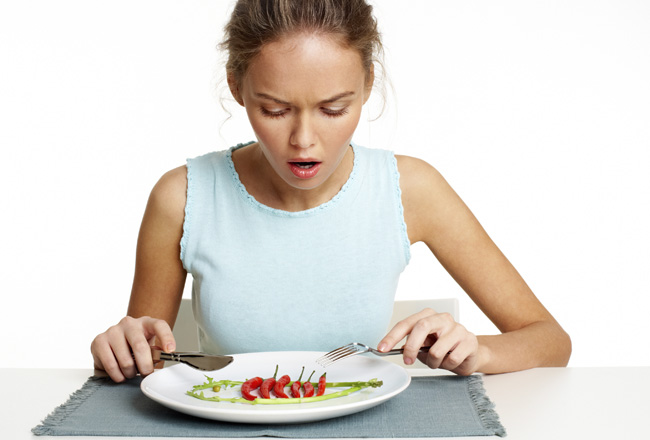Families like practical wellness program – and lose weight
Many children are obese these days, but what can be done about it? Research-proven treatments for obesity exist, but they rely on regular one-on-one meetings with a trained health coach. So these “behavioral” treatments are seldom available outside of research studies in specialty medical centers. It’s feasible and acceptable to give this same kind of behavioral treatment to groups of families in primary care, Paula Lozano, MD, MPH, found. She published results of the Family Wellness Program in the Permanente Journal. She is a Group Health pediatrician and assistant medical director of preventive care – and a Group Health Research Institute senior investigator. The U.S. Preventive Services Task Force (USPSTF) recommends screening children for obesity from age 6 years – and referring children who are obese to intensive behavioral treatment. This kind of treatment provides information about healthy eating and physical activity. It also gives parents and children a place to share their experiences and get social support. But that’s not all.


